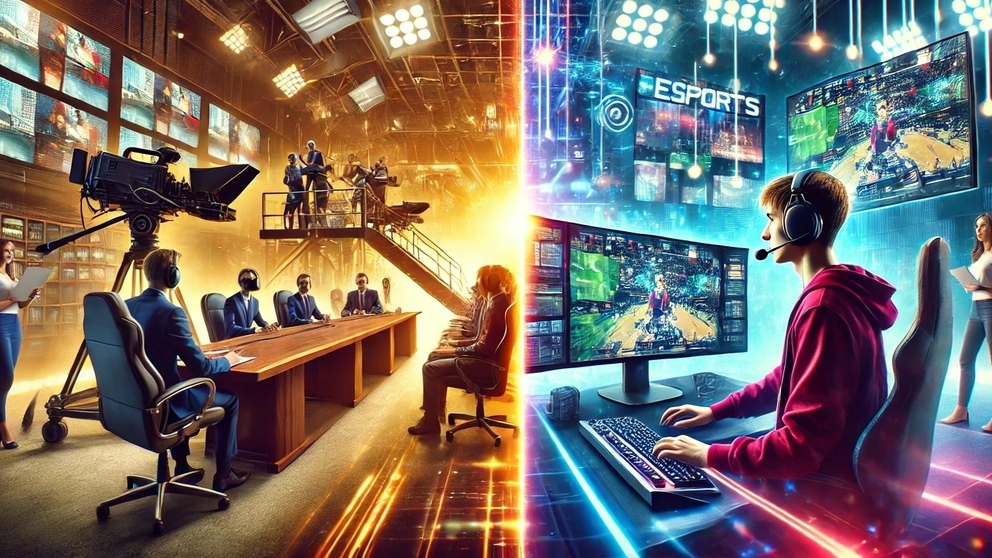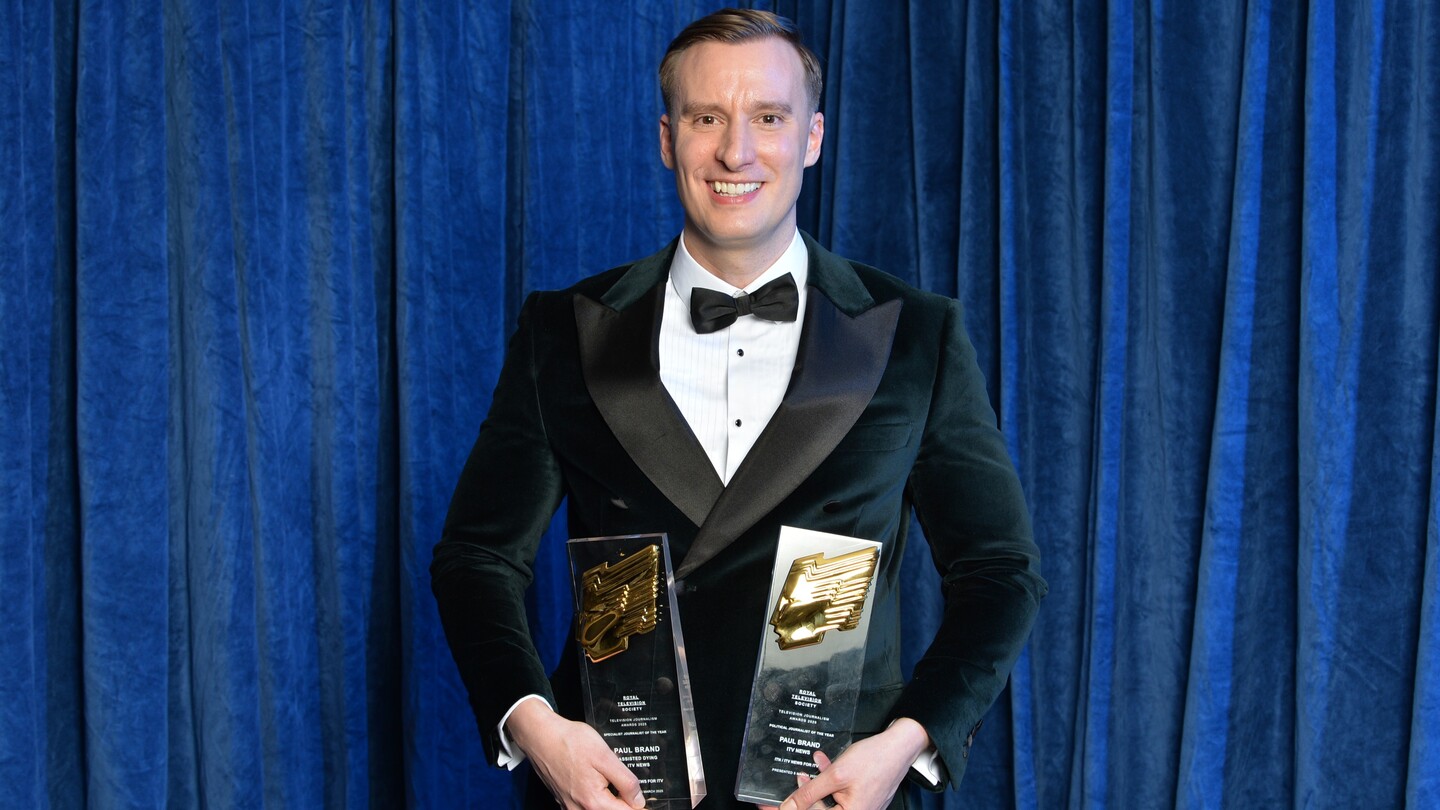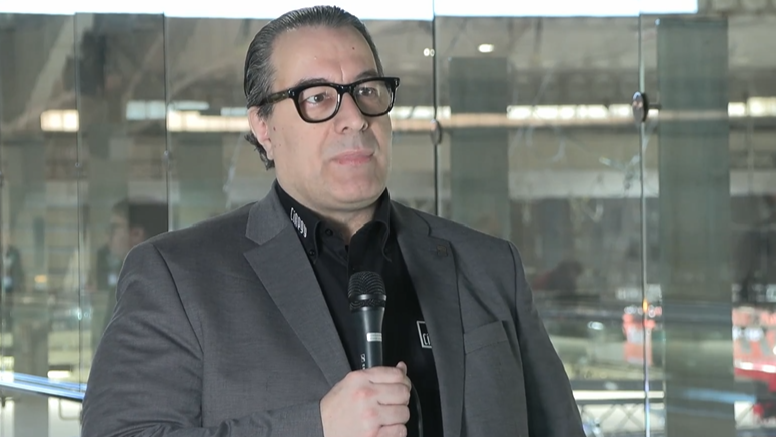Esports and gaming agency Unlocked is expanding its presence at IBC this year with a speaker programme spanning all four days of the show. Led by Co-Founder Steven Leunens, Unlocked aims to bridge the gap between traditional broadcasting media and the rapidly evolving world of esports.
Steven Leunens has been deeply involved in gaming and esports for nearly two decades. His journey began in 2004 when he founded his own gaming team, which quickly grew into one of the largest Call of Duty (CoD) communities in the world. After selling this venture in 2008, Leunens shifted his focus to the event business within the industry, laying the foundation for what would eventually become Unlocked. Today, Leunens serves as the Co-Founder of Unlocked, a company dedicated to connecting brands with the Gen Z and Millennial audiences through innovative marketing and event strategies in the gaming and esports industry.
“We create all kinds of experiences to make sure that the audience that loves esports gets the message and gets it in a way that is true to their nature as a gamer,” says Leunens. “We create virtual worlds where they can engage with the brands that they want to, that want to reach them, but in a very natural way. We try to make marketing about experiences and make it exciting for the audience - not just a plain ad being slapped in your face by the latest in a long line of competitors trying to grab your attention.”...
You are not signed in.
Only registered users can view this article.
Esports on the rise despite Olympic debut delay
Esports is on a roll. The global esports market passed the $2bn mark last year and is expected to be worth nearly $11bn by 2032. Tournament prize money is rising and audiences on channels like Twitch are expected to top 640 million worldwide in 2025. IBC365 takes a closer look at the events shaking up the esports landscape.

Content Credentials: Initiative breaks through but can it achieve industrial scale?
The C2PA-created open standard has reached a significant level of support and adoption, but there remains work to do before it fully delivers. Adrian Pennington reports.
ProAV: Broadcast convergence will help fuel the next five years of growth
Forecasts from AVIXA offer strong growth predictions for the proAV industry until the end of the decade. David Davies finds out what’s driving the expansion, and what it tells about the ongoing convergence between broadcast and AV.

Balancing act: Insight from UK's leading women-powered M&E businesses
Nexus Studios, Hartswood Films and Filmsat59 are three UK businesses representing media and TV in JP Morgan’s Top 200 Women-Powered Businesses report. IBC365 speaks to this elite group of leaders and finds one key issue holding more women back.

MWC2025: EU must stand alone in network-AI war
Europe’s governments and regulators were hammered by their own telcos and Washington representatives for being anti-competitive as innovation struggled to be heard above the noise.



.jpg)

